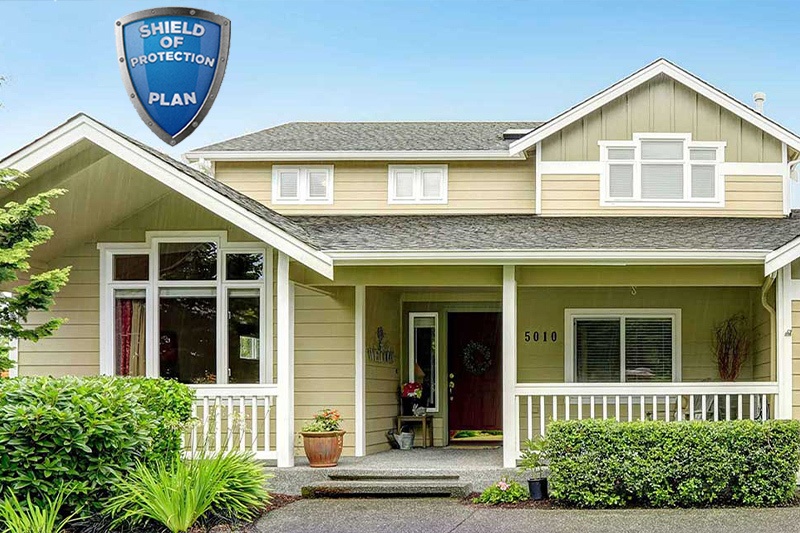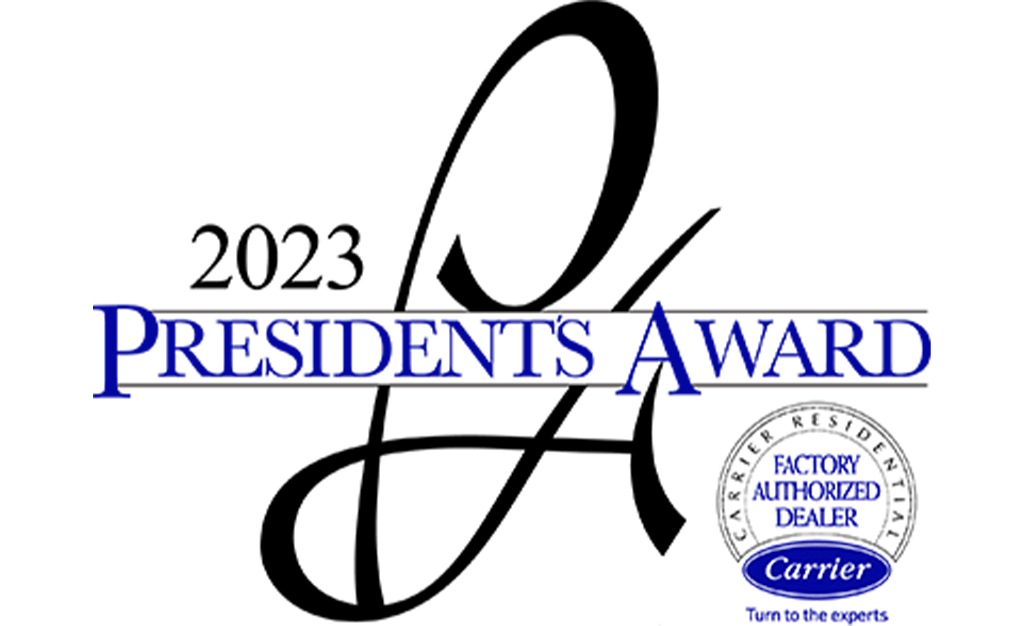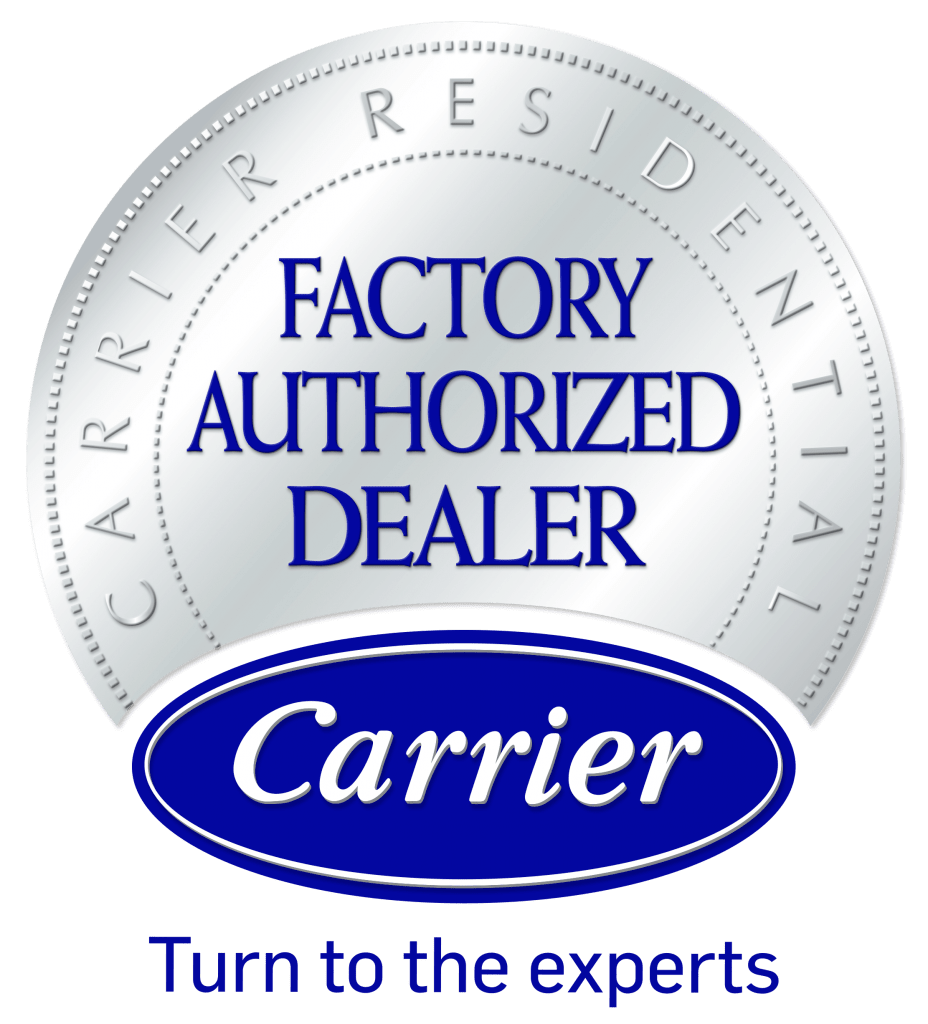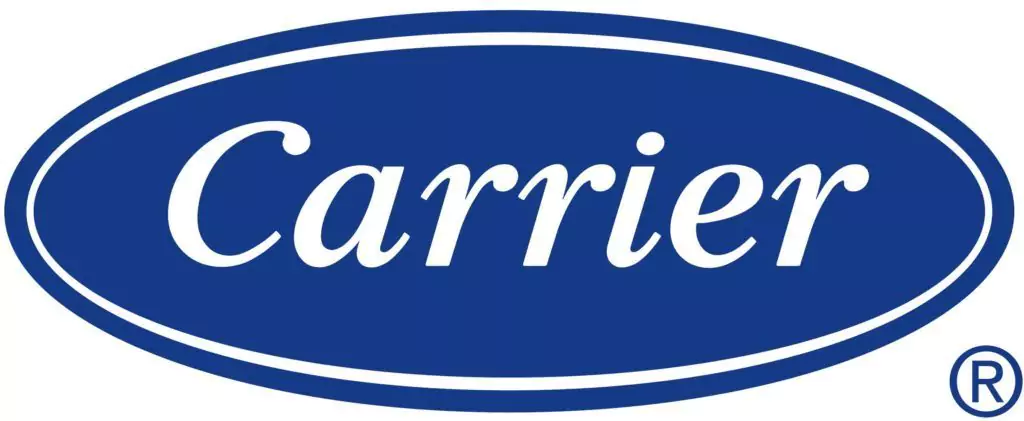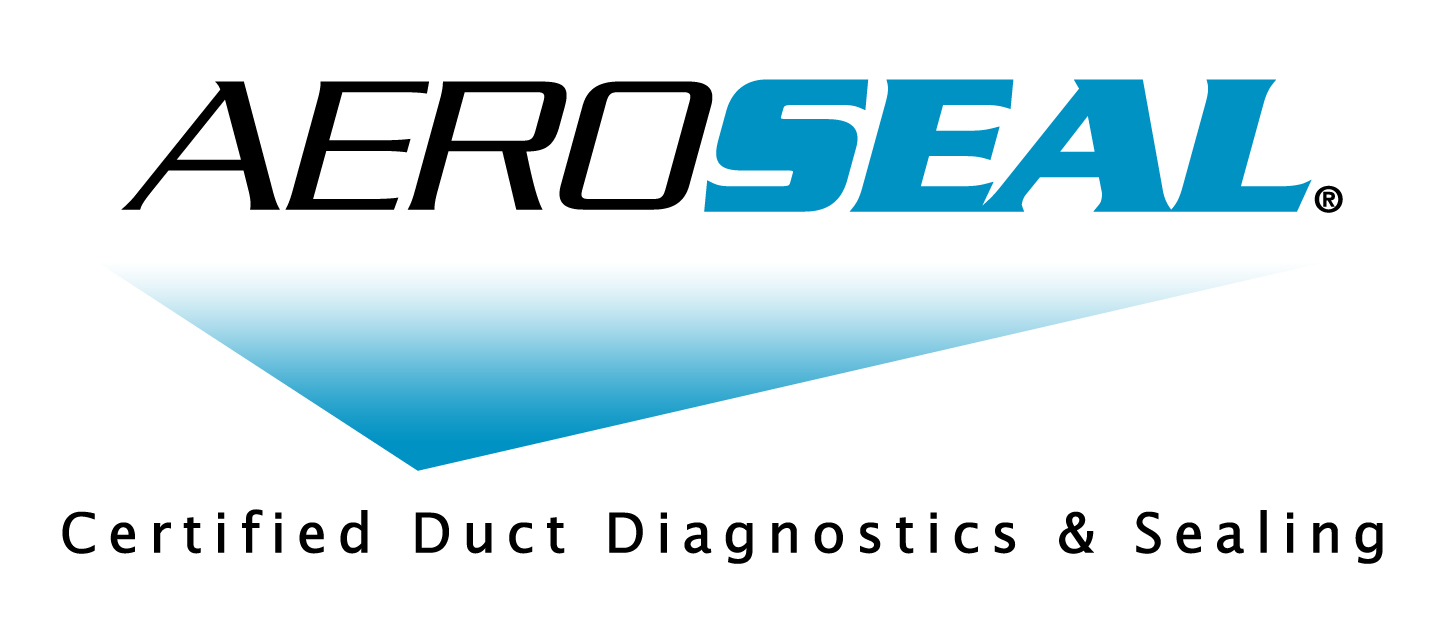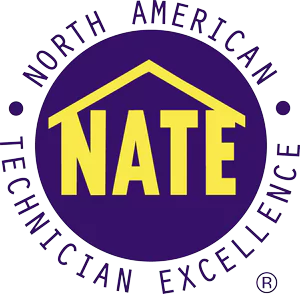-
What should I do if my hot water radiators are cold to the touch?
This can be a sign that air is trapped in the system. In this situation, the radiator’s air rises, keeping hot air from the top of the radiator. A common solution is bleeding the radiators of the trapped air. You can bleed the system yourself, if you have a radiator key and can locate the radiator valve. If not, please contact your HVAC professional. Bleeding of the radiators should be done at least once a year.
-
What do I do if my system is not heating?
Do a quick inspection of your heating system. Check to make sure the power supply is on. Has a breaker tripped? Is the gas turned on? If you cannot find any problems with power or energy supplies, make sure the system is on and the thermostat is set high enough. Check the pilot light. If it is not lit, you’ll need to re-ignite it by following the instructions in your owner’s manual. If the problem persists, contact Guardian Heating and Cooling Services and place a service call.
-
Why do only half of my radiators work?
Usually this means air is trapped in your radiator. Take a bleeder key and open the bleeder till the air stops and water comes out. If no water comes out, then call us at Guardian for a service call.
-
Do you work on space heaters?
Yes we do, but they must be wall mounted for code today. We however do not service ventless wall mounted heaters. These are commonly sold in big box stores and do not require a vent or a chimney. They are to be used with a window open. We will not service them for that reason.
-
My pipes froze, what do I do now?
This can be a little tricky. Usually just bringing the temp in the house back up will thaw the ice and all is fine. If the freezing caused pipes to burst, then obviously bringing the house temp up will result in water leaking. When pipes freeze because of no heat or a broken heating system call Guardian to get the heat working but it may then require a plumbing company if pipes did in fact burst.
-
Is there anything I can do to prepare for the polar vortex?
Yes, first is to know your home heating system is not designed for extreme low temperatures. If it was it would be oversized 99.9% of the time and that would be a waste. So, on the very rare occasions we have -10 or colder days ,minimize the opening and closing of doors in your house. Do not let your thermostat set back the temperature. Make sure all vents are open and the filter is clean. DO NOT USE THE OVEN TO HEAT YOUR HOME. Boiling pots of water can help, this adds humidity and heat to the home both of which are good.
-
Why is my AC icing up?
Typically, this means one of two things 1) Low airflow. This could be dirty filters, closed registers, undersized ductwork, blocked register by furniture or carpeting. 2) Low on refrigerant. This means you have a freon leak. You should never have to top-off or add freon to an air conditioner. You never add freon to your refrigerator and you’re a/c system is no different. If you add freon, you have a leak.
-
Why don’t you have R22?
R-22 is a refrigerant used for many years that is now banned from production in new systems. If you have a R-22 system and need to add refrigerant, we recommend a system evacuation and all new MO-99 refrigerant added or replacing the unit with a new R410a system. Both options meet today’s requirements for the environment.
-
Do you work on window AC units?
No we do not. We only service whole house central air conditioners and mini-splits.
-
This heat wave is extreme. What else can I do to cool down the house?
Limit your door opening. Do not use your setback thermostat. Close all shades/blinds. Make sure your filter is clean and all registers are open. Try to avoid using the stove/oven…a great excuse to order out food.
-
Should I cover my outdoor unit in the fall and winter?
It is not required. Your condenser is built to handle the elements of all seasons. They are designed to wear from the outside in. If you want your condenser to look it’s best and wish to cover them in the winter, we recommend having a canvas cover custom built for your unit. The canvas allows the unit to breath, plastic covers trap condensate in the units and can cause them to rust prematurely from the inside out.
-
Should I close registers and doors to areas of the home that I do not use on a regular basis?
The short answer is usually no. Your system is designed to heat/cool your entire home, closing off vents can cause more problems than benefits. This can actually be damaging to your system. To add insult to injury, you usually don’t save any money by closing off heating/cooling to unused rooms.
-
What is variable speed?
Variable speed is fairly new technology that is built into blower motors. It is now code for all blower motors to be variable speed. Old PSC motors ran much hotter with limited speed settings. Variable speed runs much cooler and at drastically lower amps and have the ability to ramp up and down to variable speeds depending on your systems daily needs. These blower motors can save several hundred dollars per year.
-
The power went out, everything is back on, but my heater won’t turn on – what’s wrong?
This could be many things, but you should check your breaker first. Turn it off and back on. If that does not solve the problem, then call Guardian Heating.
-
Why is there a funny smell when I first turn on the heat?
Your heat exchanger will get covered in dust and airborne particles while not is use. When you turn your heat on for the first few times you will burn off these particles off the heat exchanger. This is normal and completely safe.
-
What basic steps can I take to cut energy costs?
Heating is the biggest energy expense in most homes. A well-maintained furnace runs more efficiently and lasts longer. Simple monthly maintenance steps such as checking your furnace filter, dusting heat registers, and keeping furniture away from them can lower expenses. Have an HVAC expert perform routine maintenance checks to make sure all components will be working properly and efficiently.
-
What is carbon monoxide and is it dangerous?
Carbon monoxide is an invisible, unscented and at high levels can be a deadly gas. Lower concentrations of carbon monoxide can cause headaches, lightheadedness and fatigue. Winter months may pose health and safety risks with heating systems. Poorly maintained chimneys and flues may release carbon monoxide and other harmful gases into the air. If your home is heated by gas, coal, or oil you are required to install a carbon monoxide detector according to Chicago Ordinance.
-
How important is having the properly sized equipment? Wont a larger system work better and faster to heat or cool my home?
Both your heating and cooling system must be sized and installed correctly to run efficiently. Many consumers will buy larger units than needed because they assume the bigger the unit, the better it will operate. However, that is faulty logic and it’s the opposite that is true. An over-sized unit will cycle on and off continuously, which increases your electric bill and burns out the unit. You do not want a heating and cooling unit that is too small either. Smaller units cost less but will not be able to heat and cool sufficiently. Don’t expect to replace an old heating and cooling system with a new one the same size. Better technology shows that oversized systems don’t work as well. They are inefficient, wasting money and energy. Undersized systems work too hard to heat and cool rooms. Size matters when choosing a new heating or cooling system. The system’s size determines how well it will heat or cool your square footage. A proper load calculation done by our Comfort Consultant will determine the cooling and heating needs of your home and help you choose the right system.
-
What is the difference between a service call and annual preventative maintenance?
A service call means something isn’t right and needs immediate attention. We would schedule this with high priority and a technician would come out and diagnose the problem and then offer solutions. Annual preventative maintenance is cleanings on your equipment done every year in advance of there being a problem. They are designed to be done at low priority and usually scheduled way in advance of the work being performed.
-
When should I get maintenance on my heating or cooling system?
It doesn’t matter if maintenance is done before, during or after the season, as long as it’s done annually.
-
How often do I need to clean my heating and cooling system?
Plan to do maintenance annually on both your heating and cooling units. Make sure to check your filters monthly for disposable ones, and every 6 to 12 months for media types.
-
Should I get my air ducts cleaned?
This is something that can vary drastically. Factors like how sensitive you are to allergies will drastically change our answer. If you have inhalers and bad allergies this may need to be done annually. If you don’t have allergies, and don’t have lots of animals then getting your ductwork cleaned may not be required as often. Asking your technician to asses your system ductwork and explaining to them your sensitivity to allergies is probably best. Then we can make an educated decision on your system duct cleaning needs.
-
How often should I replace my filters?
Disposable filters should be changed every 1 to 3 months, depending on allergies, pets, etc. Media type filters should be changed every 6 to 15 months depending on usage and air quality.
-
I can’t find my filter size at the store. What do I do now?
Give us a call. We’d be happy to find them for you and have them shipped directly to you.
-
How can I improve the air quality of my home?
New advances in air quality combine ultraviolet-light technology and high-efficiency air filters to combat air pollution in your home. The most overlooked solution, which also has the best results, is sealing your ductwork with Aeroseal.
-
When should I turn my humidifier on/off?
We recommend turning your humidifier off in May and back on in September.
-
What is the proper indoor humidity level?
Typically speaking 35%, but you need to make sure you are not creating condensate on your windows or walls. Every house has a different dew point. A “normal” 35% may affect different homes in different ways.
-
I have bad allergies – can you help with that?
Absolutely. We offer Air Cleaners, Air Scrubbers, UV lights, Heppa Filtration, Aeroseal, Humidifiers, and Dehumidifiers. All of which can help you with allergies. Give us a call and our Comfort Consultant can give you solutions to every problem…and it’s no cost to you.
-
Is there a device that allows for different temperatures in different parts of my home?
Yes. Zoning systems let you vary temperature settings throughout the house. You can divide your home into two or four zoning areas, depending on the system you purchase. You no longer need to heat or cool unoccupied rooms, or change the setting to suit the needs of one family member. A Guardian Comfort Consultant can determine which is best for you.
-
Does my thermostat have batteries?
Almost all digital thermostats have batteries. Usually AA, AAA, or CR2032 (circular, button batteries).
-
My thermostat is blank – what’s wrong with it?
Usually this means the batteries are dead or the power is off to the furnace. Check the furnace on/off switch and the furnace breaker (turn off and back on).
-
Should I adjust my thermostat for when I am gone?
Absolutely, this can save you more than 10% off your utilities. Adding a smart thermostat can save even more.
-
Will updating my thermostat save me money? What is a “smart thermostat”?
Most new home thermostats are digital, with touch-screen controls that are easy to read and more responsive than standard thermostats. These digital thermostats allow you to pre-set temperatures for every day of the week to match your schedule. You avoid high-energy temperature swings as you enter and leave the house. A “smart thermostat” learns your behavior to ensure maximum comfort and energy savings.
-
What forms of payment do you accept?
All major credit cards, (Visa, Mastercard, Discover and American Express), personal check, and cash.
-
In a landlord/tenant situation, if I am a tenant and I can’t get a hold of my landlord – can you just come out anyways?
Only if we have pre-authorization from the landlord can we come out to the property. Otherwise it is their property and only they can make decisions with regards to the equipment. Similar to, if you borrowed someone’s car you don’t have authorization to paint it a different color.
-
What is NATE?
North American Technician Excellence is a third-party independent testing organization that certifies HVAC technicians. The NATE designation is important to consumers looking for the best service for their heating and cooling systems. Guardian strongly believes in NATE Certified technicians.
-
What is FAD?
FAD stands for Factory Authorized Dealer. Carrier put very strict guidelines in place to ensure only the best companies represent the Carrier corporation. Our techs must have the highest degree of training each and every year to maintain this distinction. They must meet the qualifications for N.A.T.E. Continuing education is a must, especially with todays rapidly changing technology. FAD means we can offer the very best warranties and guarantees in the business.
-
How long has Guardian been in business?
We have proudly been in business since 1953
-
What is an SPP?
It is Guardian’s Shield of Protection Plan for annual preventative maintenance. The plan also includes some great benefits. Please contact the office or ask your technician about the Shield of Protection Plan (SPP).
